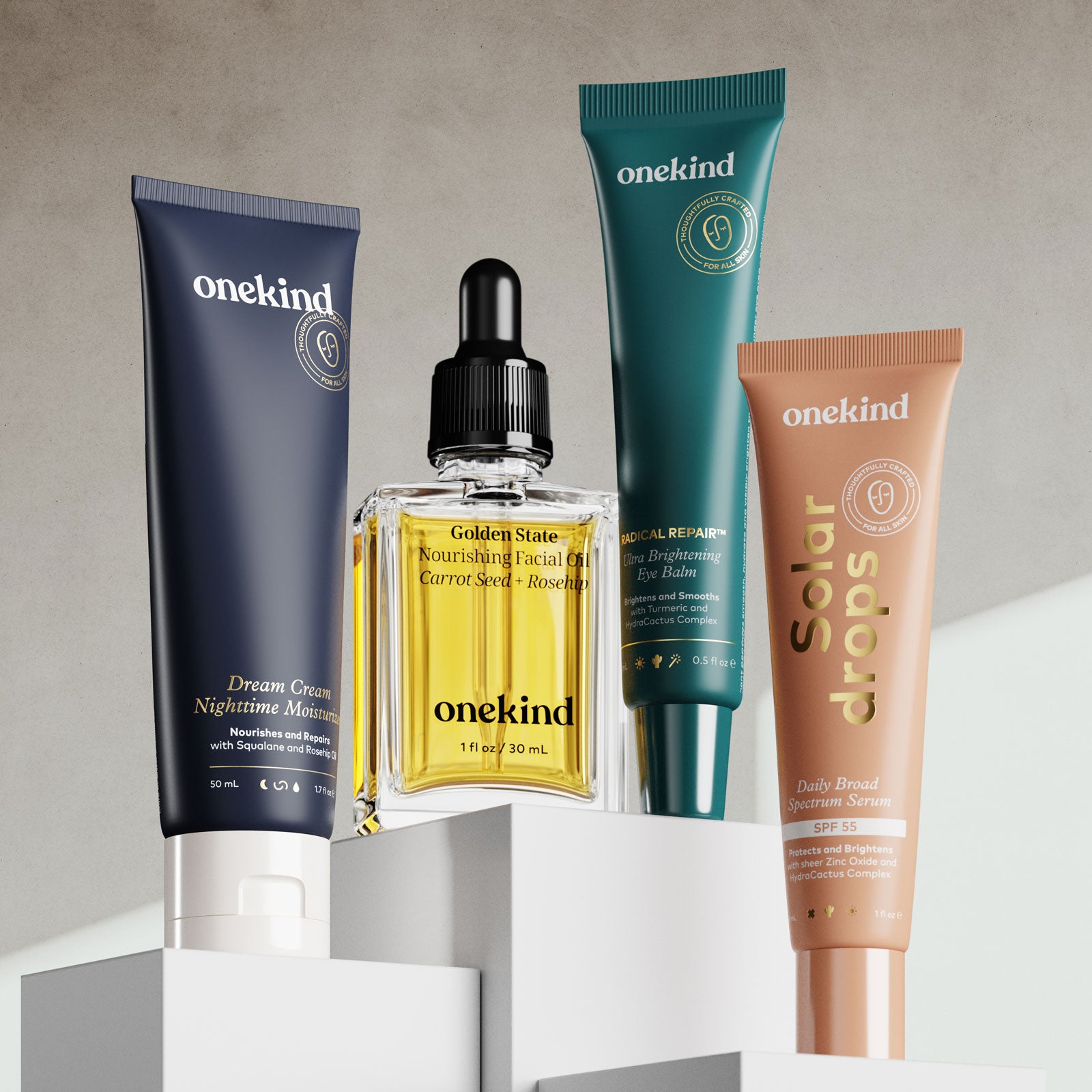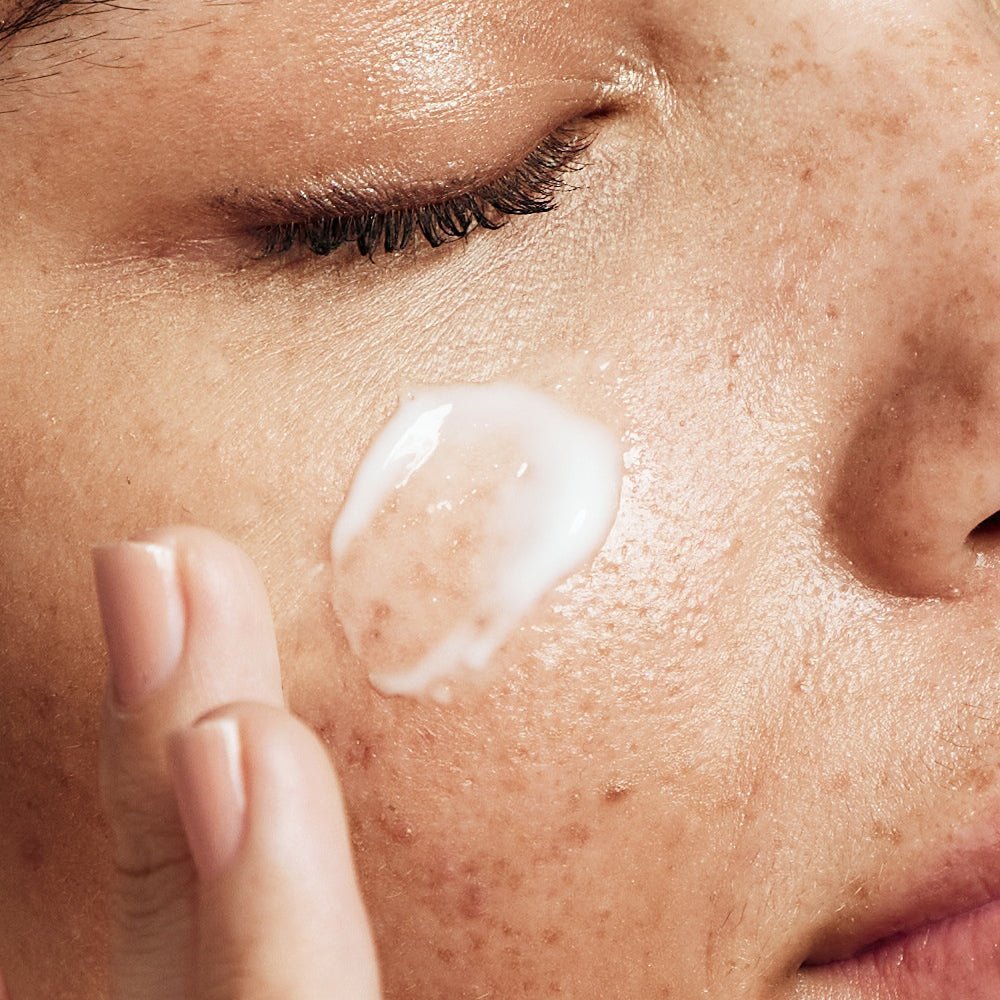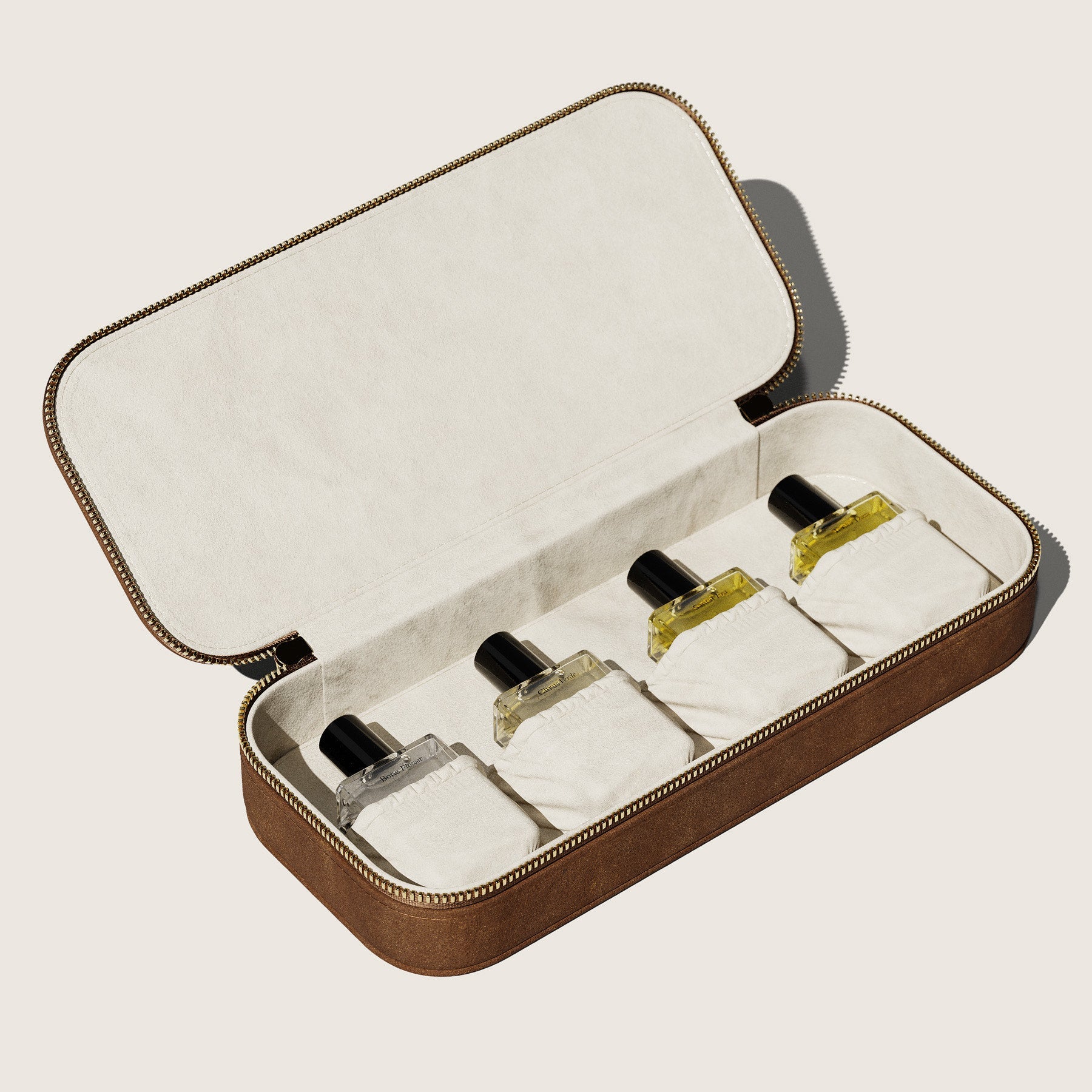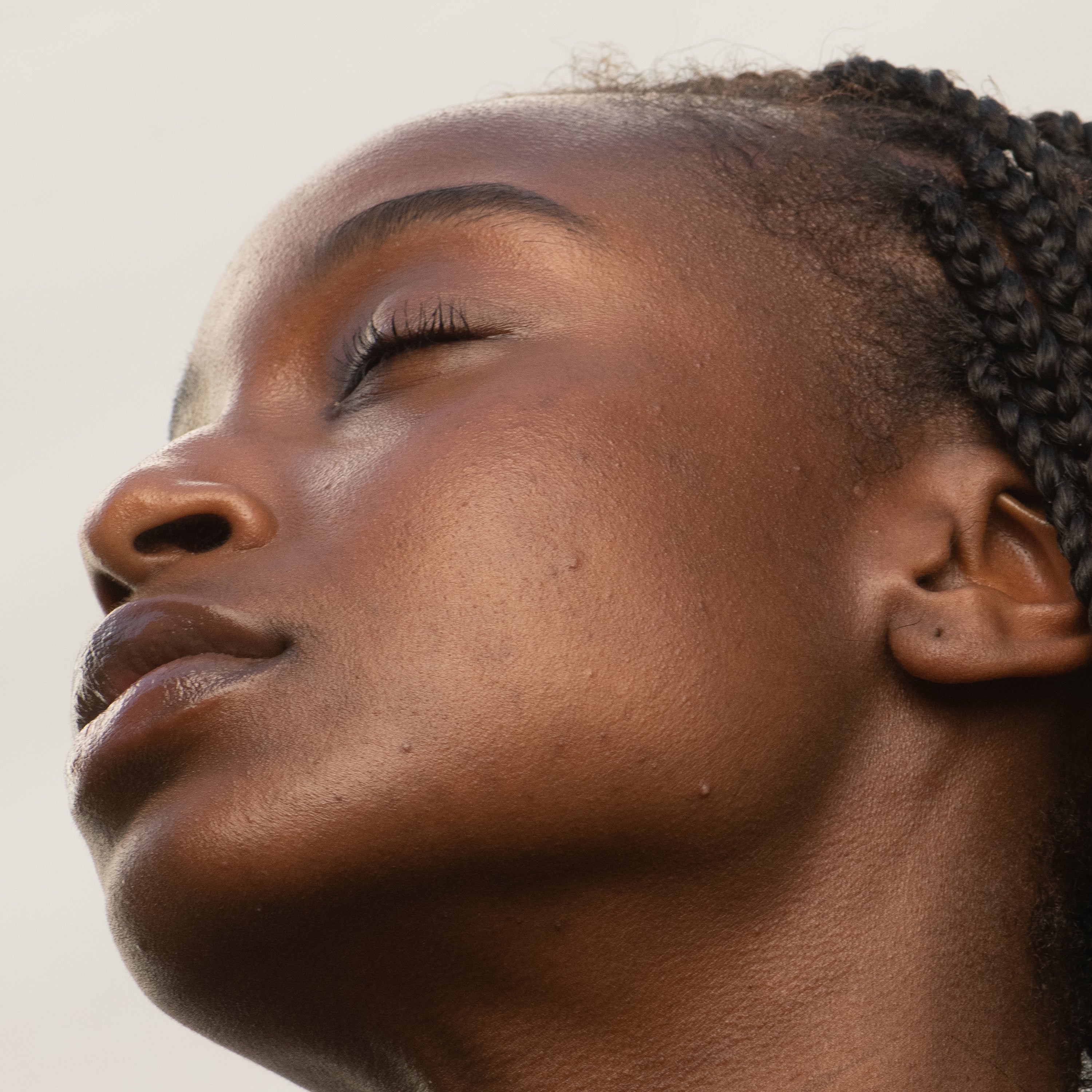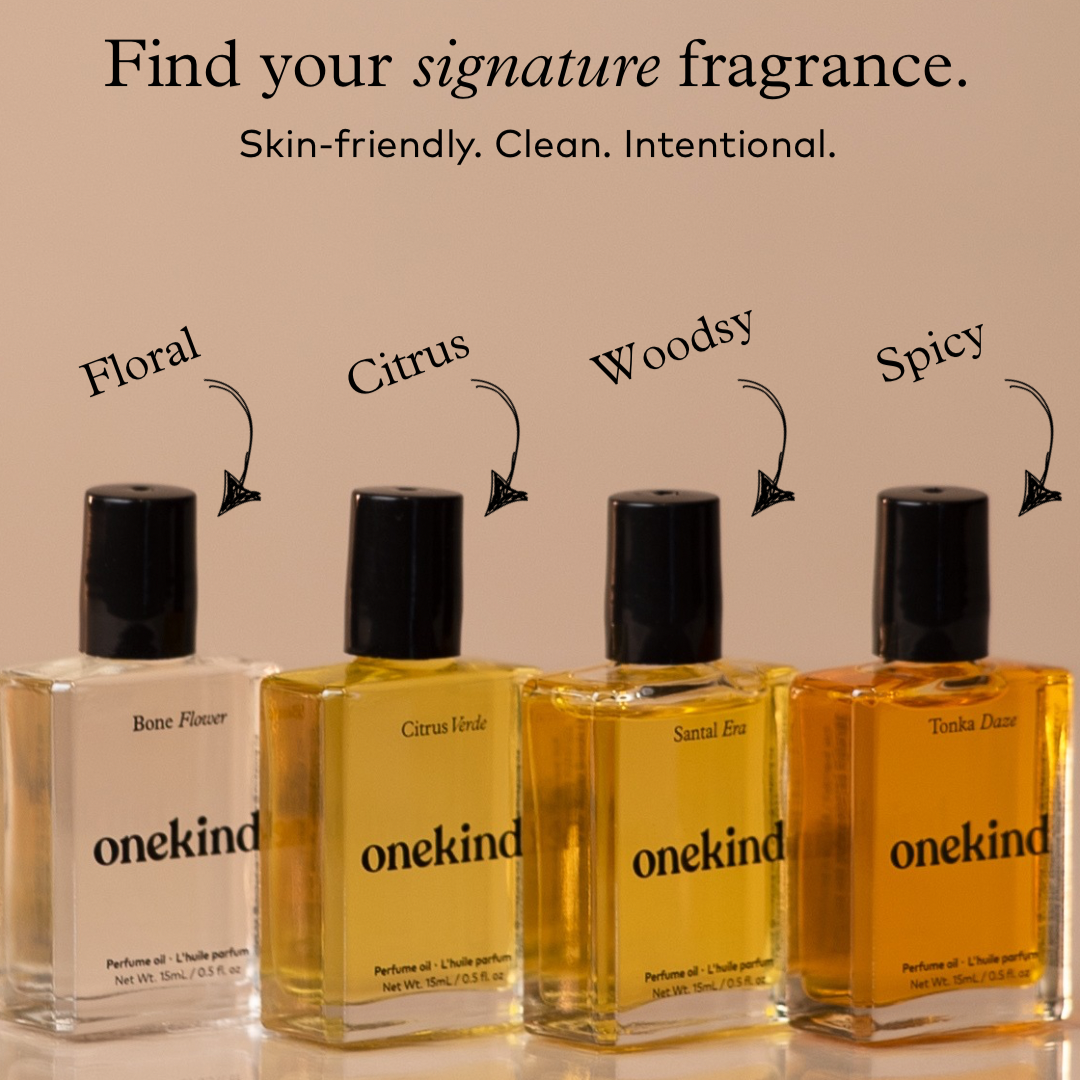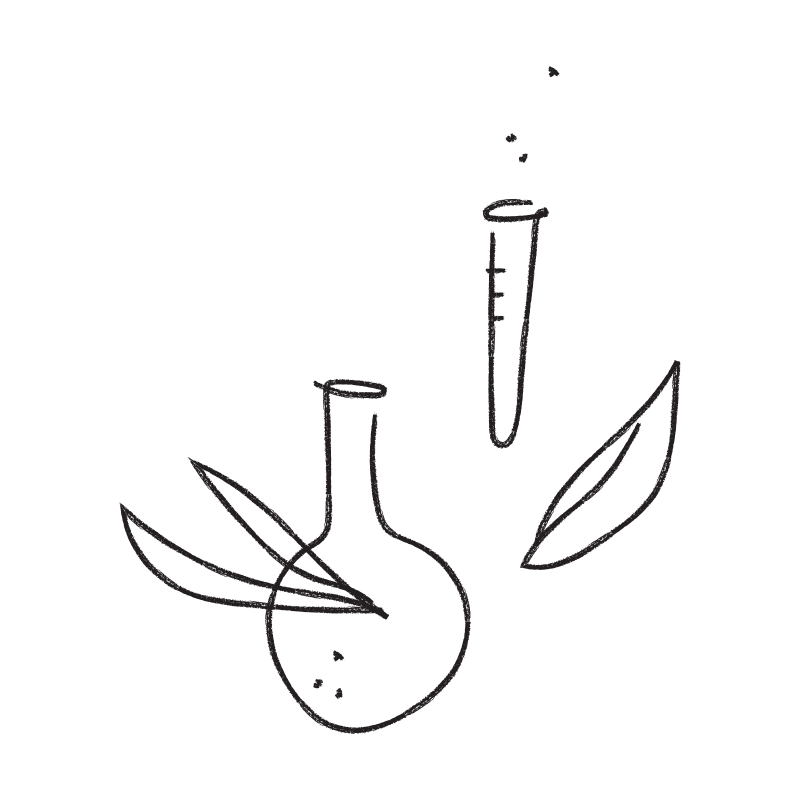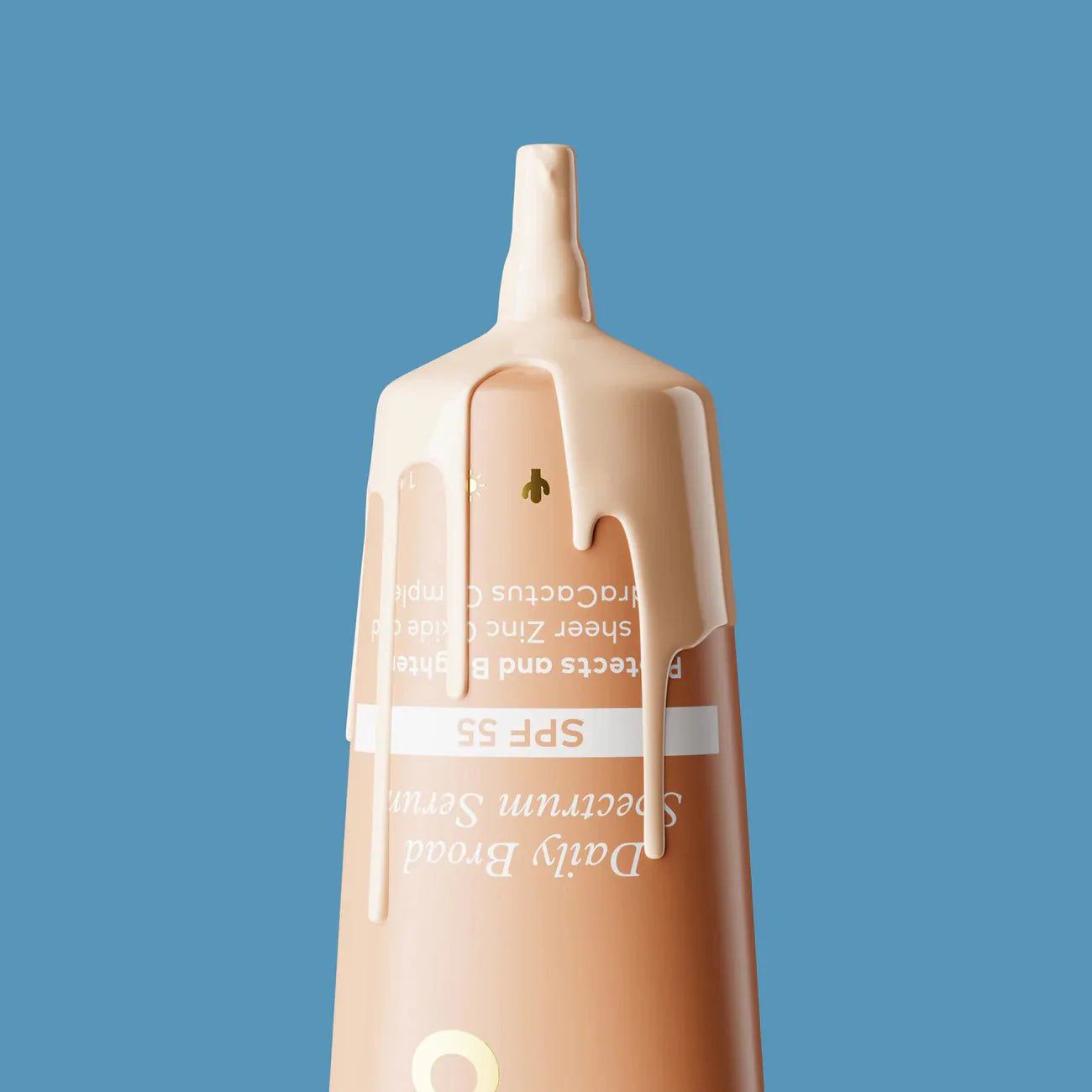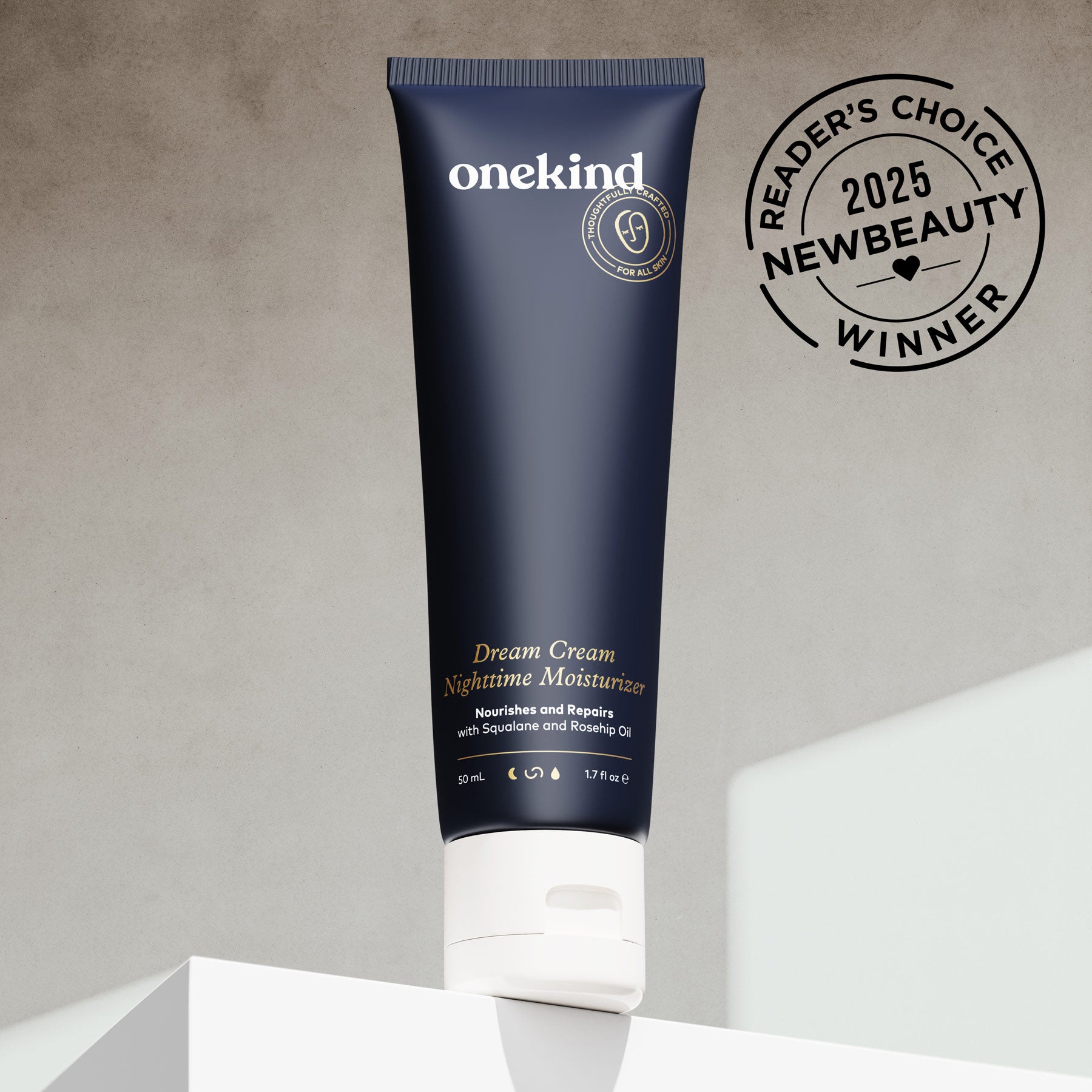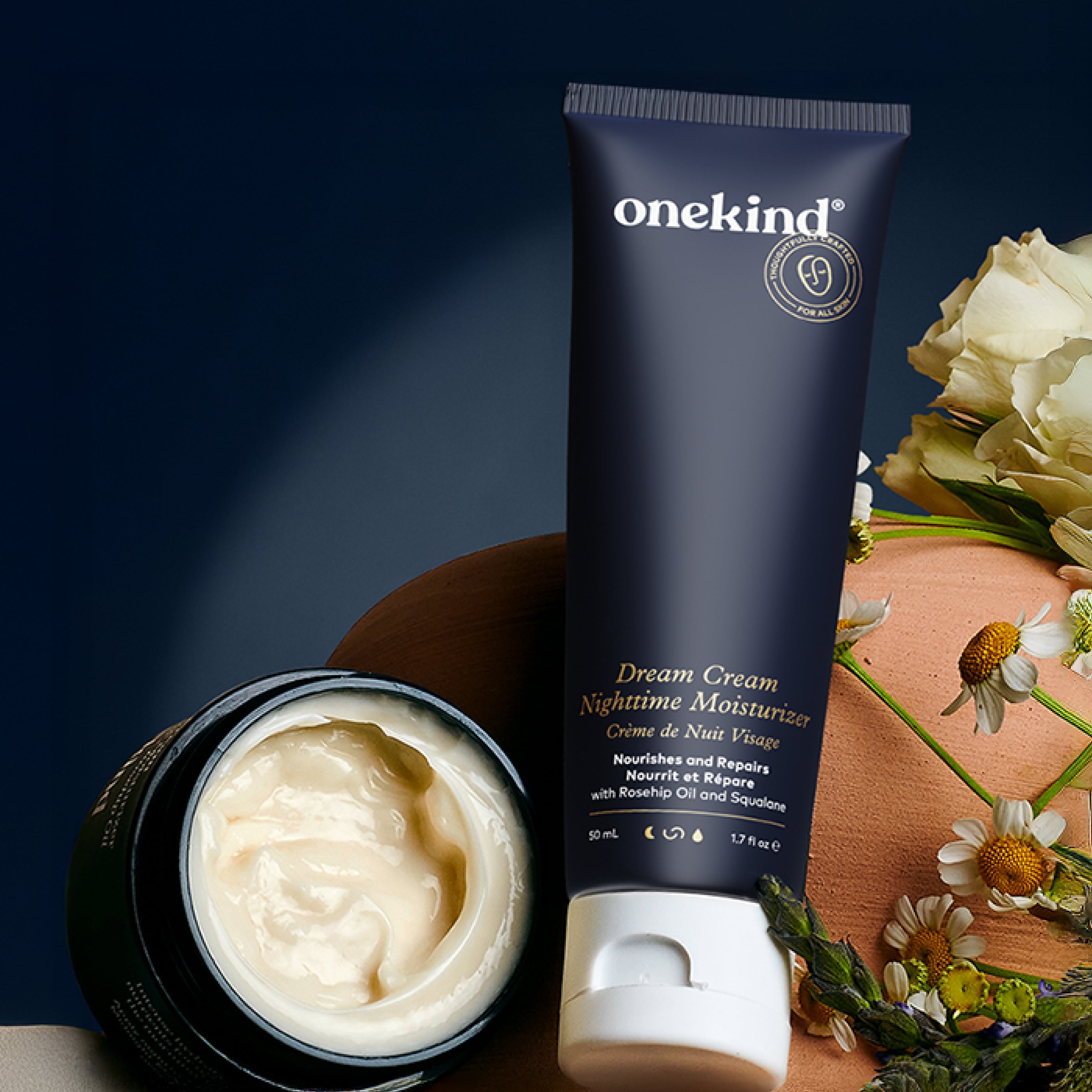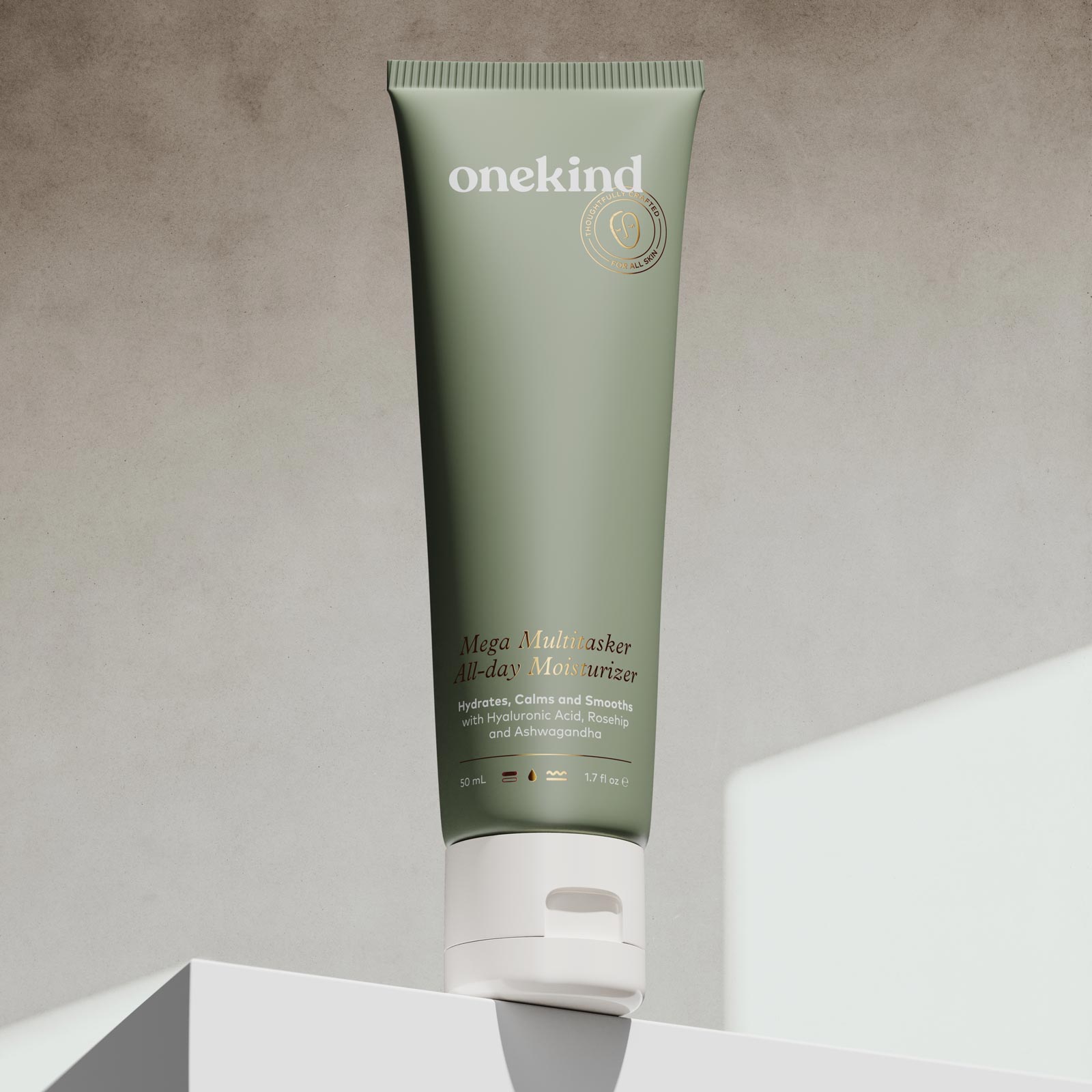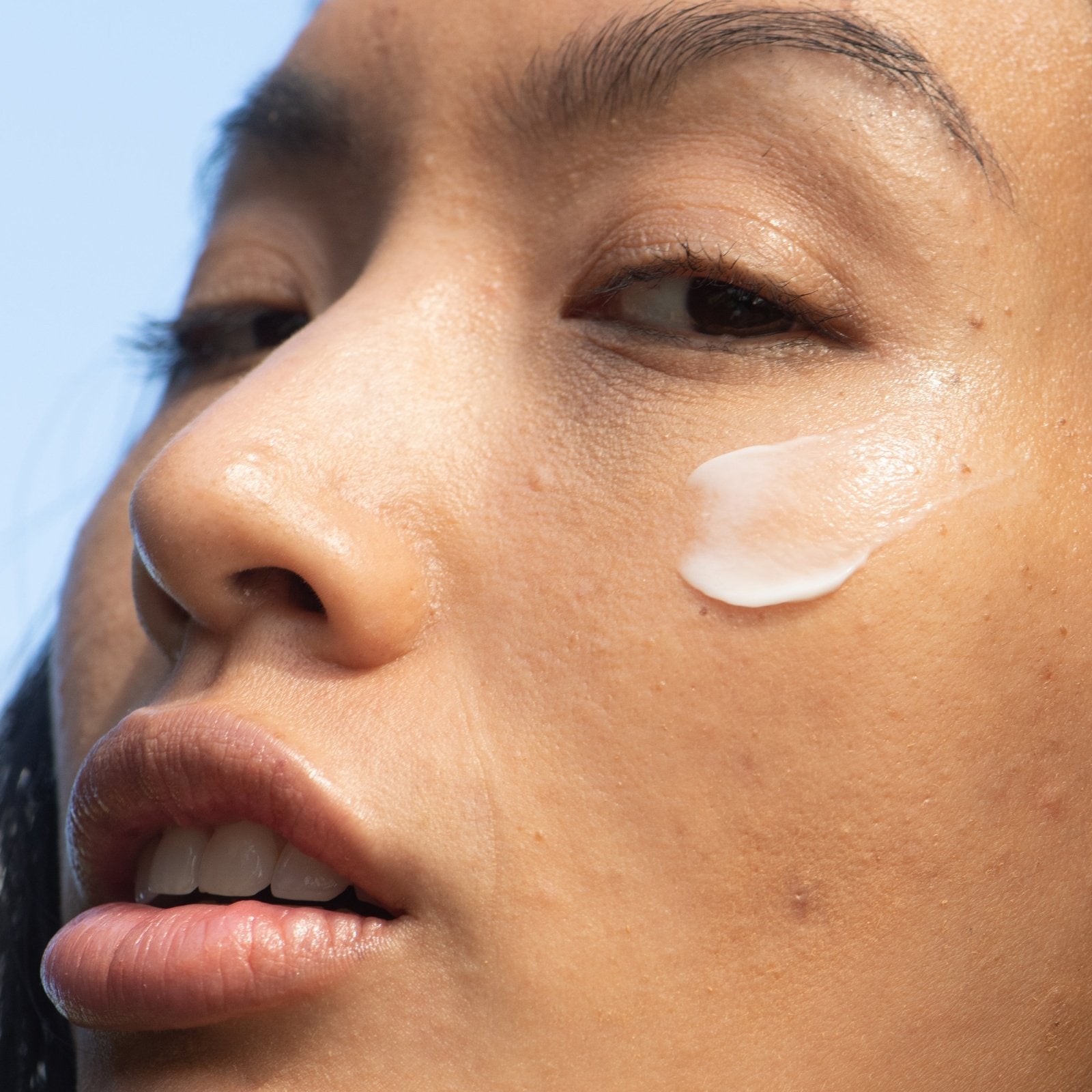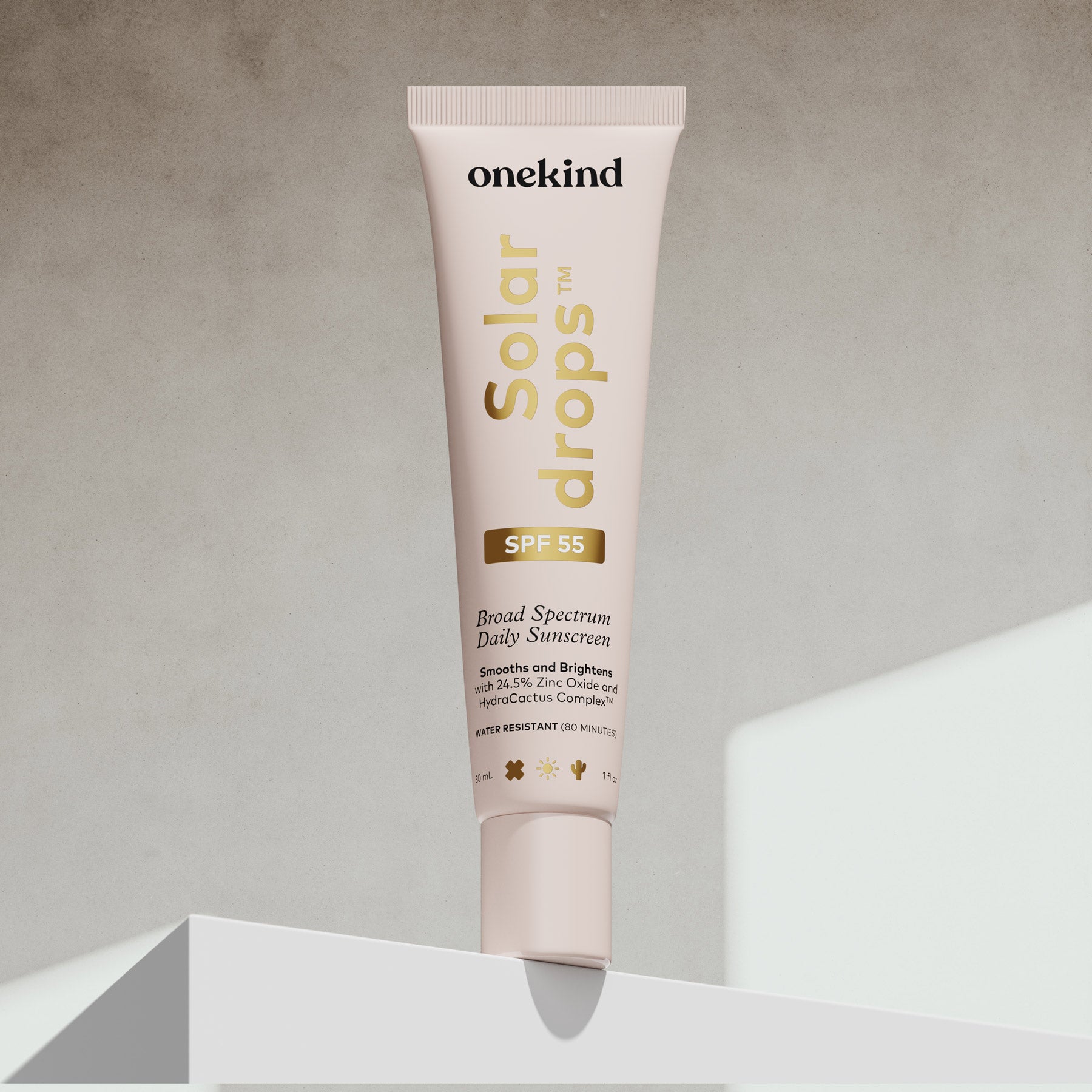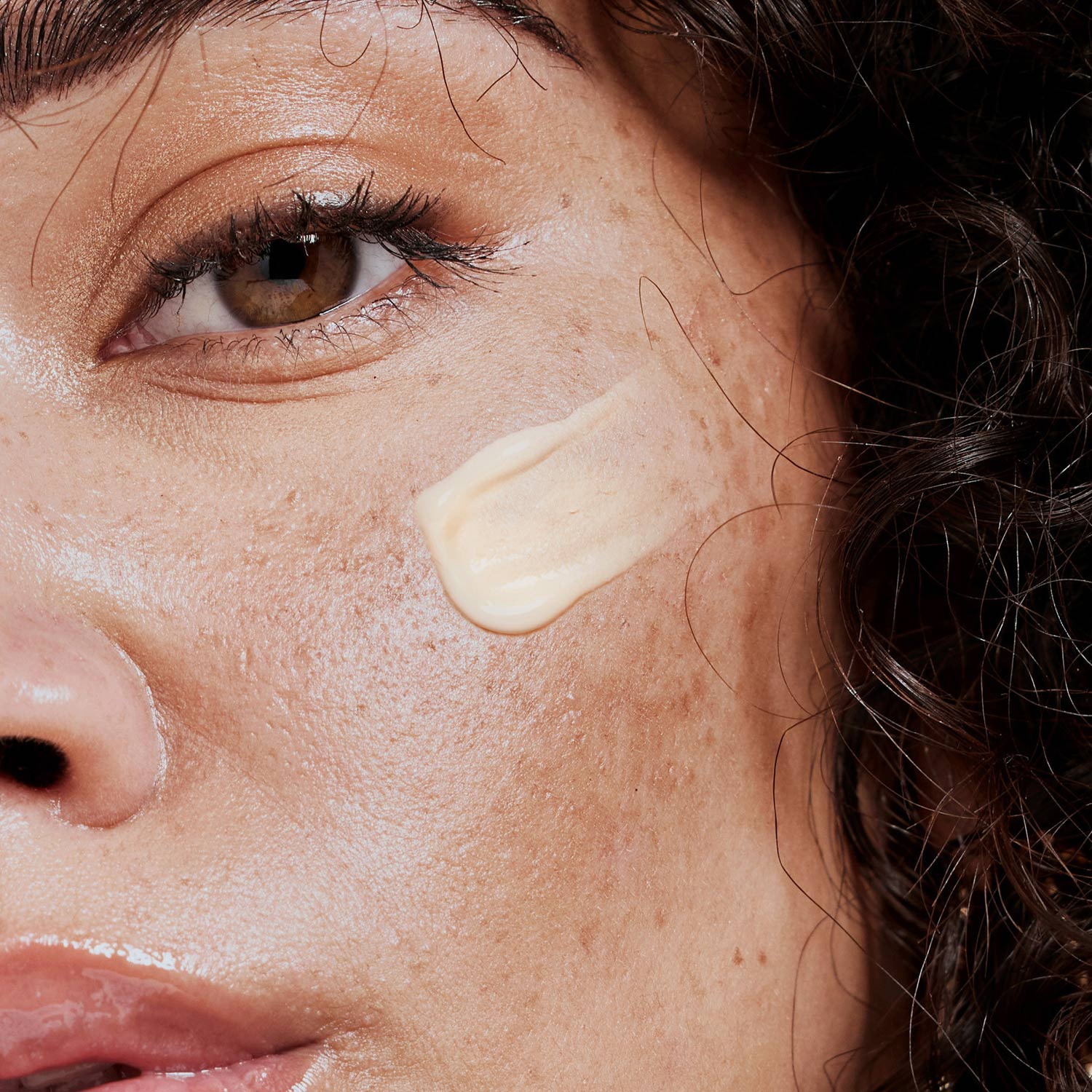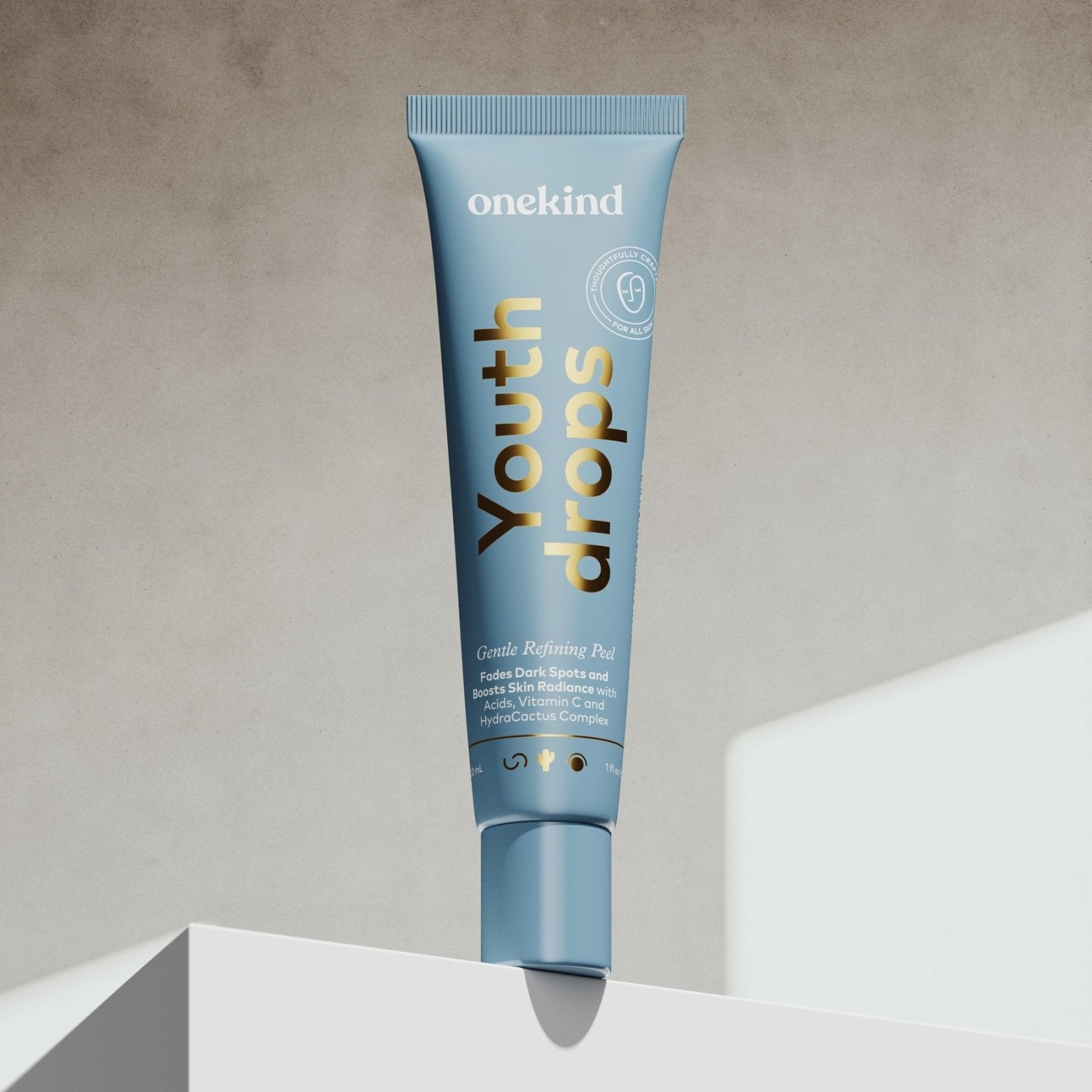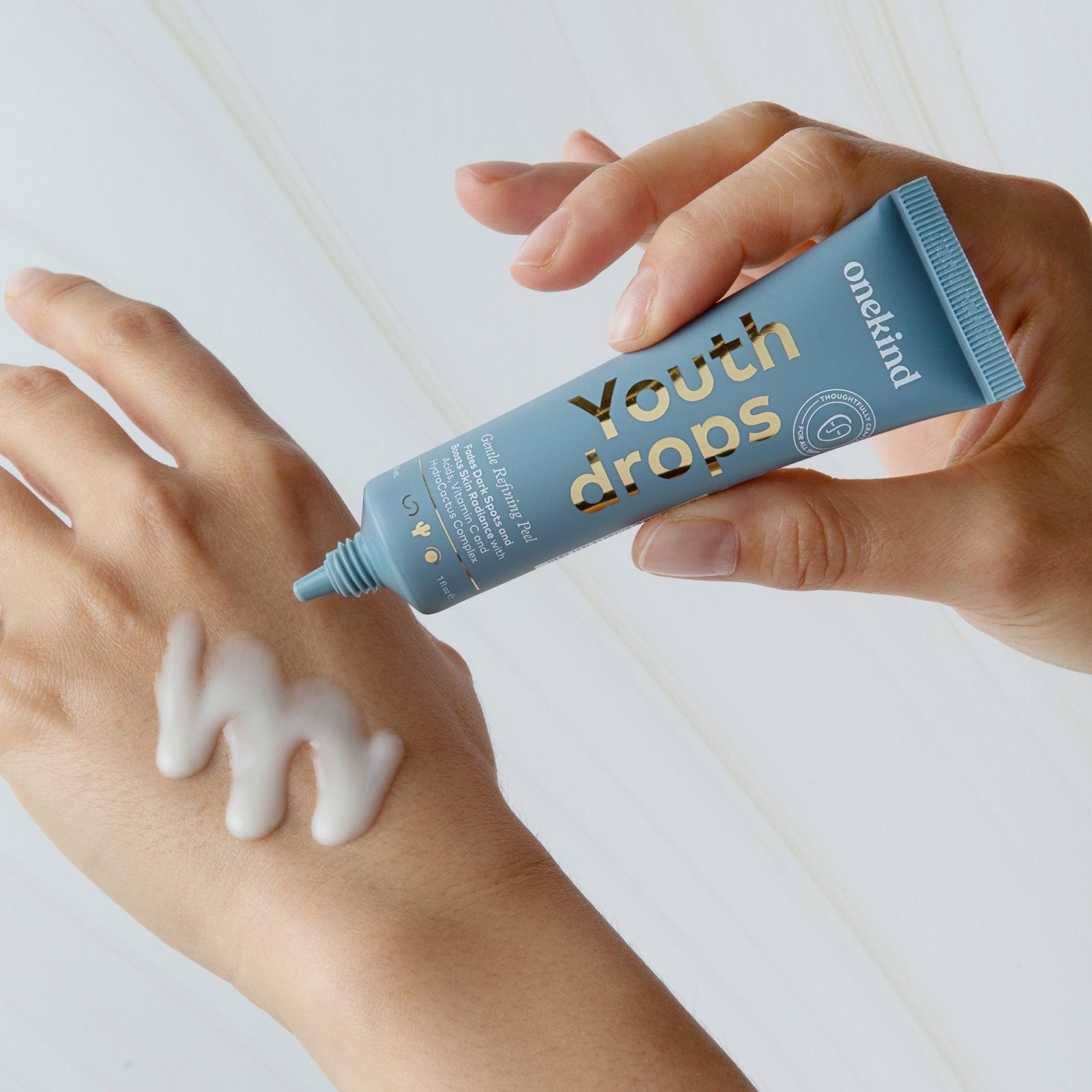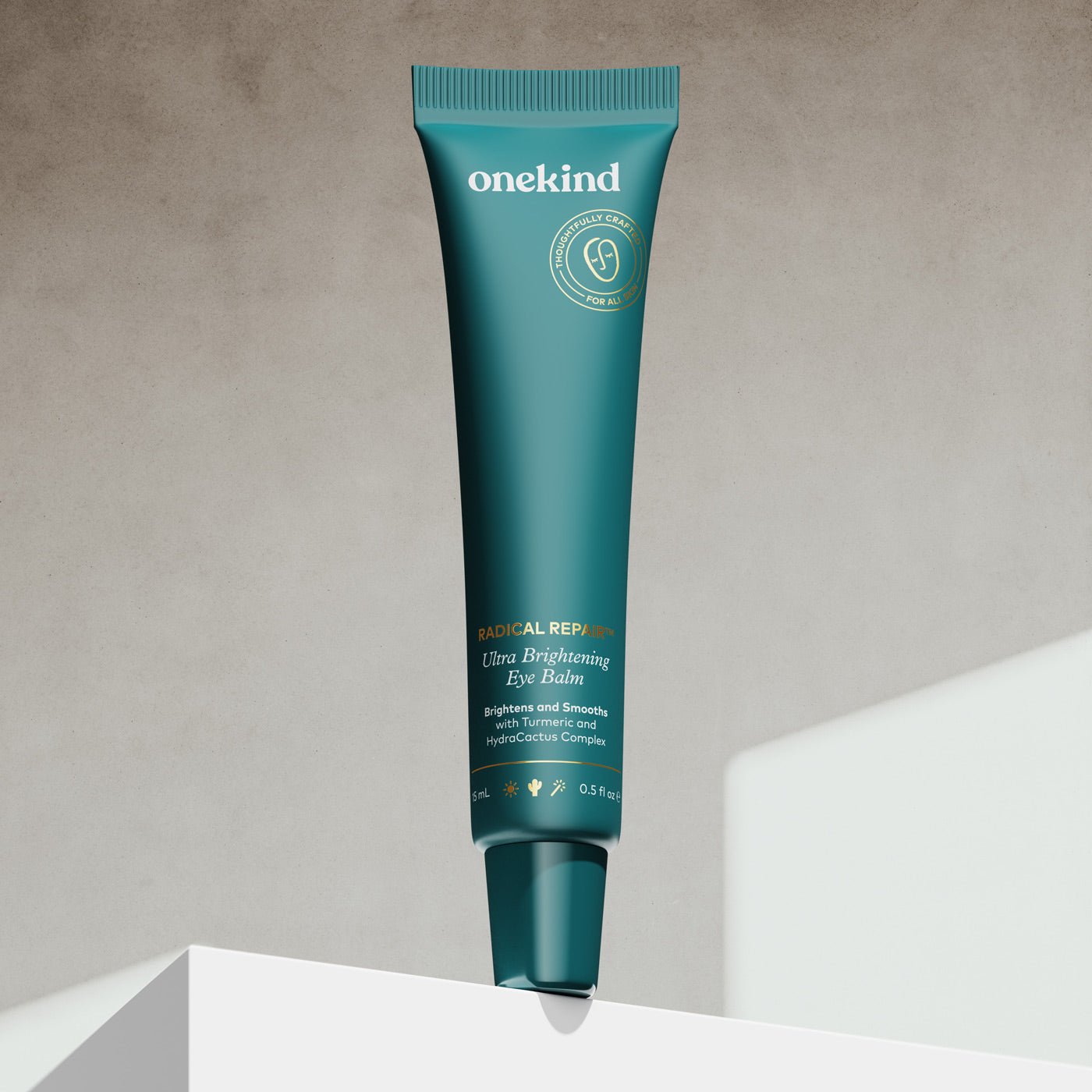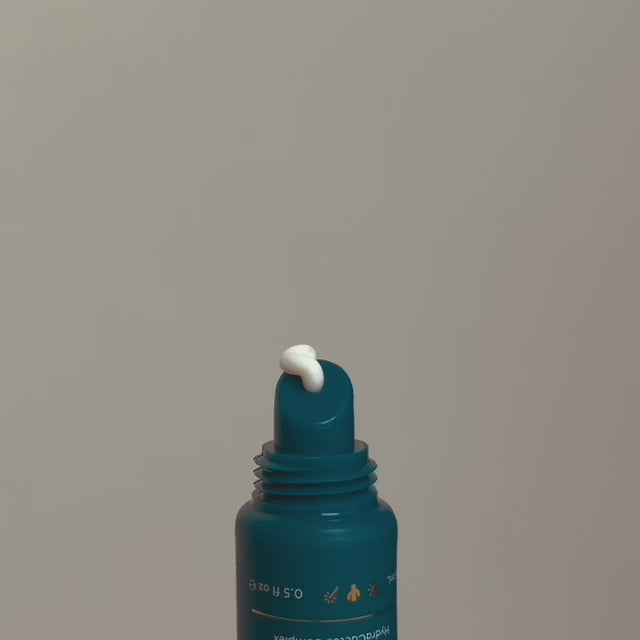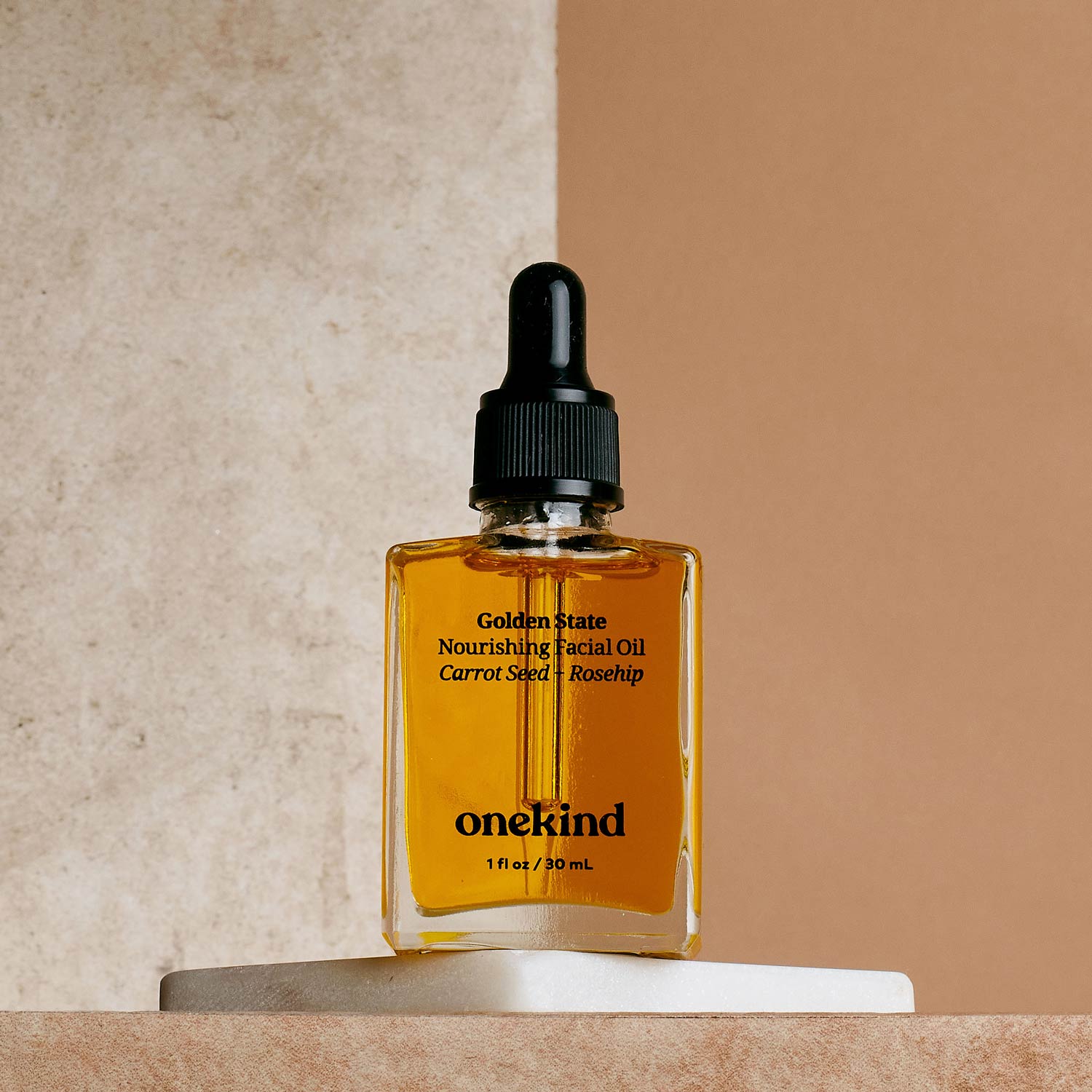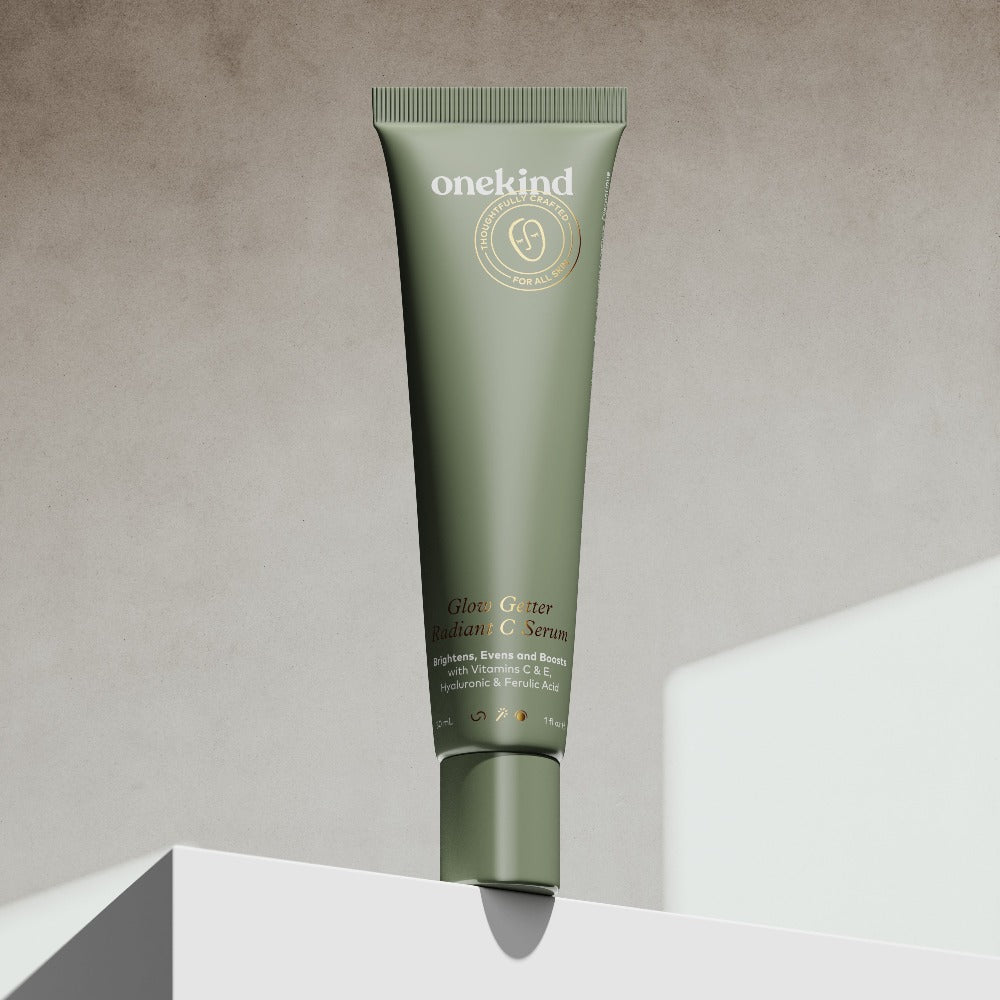When it comes to sunscreen, the SPF number on the label holds significant importance. It determines the level of protection your skin receives against harmful UV rays. In this blog post, we will delve into the world of SPF numbers, shedding light on what they mean, why higher is not always better, and how our Solardrops SPF 55 Daily Broad Spectrum Serum strikes the perfect balance.
Decoding SPF: What Does it Mean?
SPF stands for Sun Protection Factor and represents the level of protection a sunscreen offers against UVB rays, responsible for sunburns. The number indicates how much longer it takes for your skin to burn with sunscreen compared to without it. For example, if it usually takes 10 minutes for your skin to burn without sunscreen, applying SPF 30 would theoretically extend that time to 300 minutes (10 minutes multiplied by the SPF factor).
Higher SPF Doesn't Mean Invincibility
It's a common misconception that a higher SPF number offers invincibility against the sun's rays. While it's true that higher SPF sunscreens provide greater protection, the difference in actual coverage between SPF 30, SPF 50, or even SPF 100 is not as significant as it may seem.
Here's the key to understanding SPF numbers: SPF 30 filters out approximately 97% of UVB rays, while SPF 50 filters out around 98%, and SPF 100 filters out about 99%. While the percentages increase slightly with higher SPF values, the incremental difference in protection is minimal.
It's important to note that no sunscreen can provide 100% protection. Even the highest SPF sunscreens cannot block out all UVB rays. Additionally, SPF does not indicate protection against UVA rays, which penetrate deeper into the skin and can cause long-term damage.
Broad Spectrum Protection: Shielding Against Both UVA and UVB Rays
When it comes to choosing sunscreen, it's crucial to look for the term "broad spectrum" on the label. Broad spectrum protection means that the sunscreen is designed to shield your skin from both UVA and UVB rays. But why is this important?
UVA rays have longer wavelengths that penetrate deep into the skin, causing long-term damage, such as premature aging, wrinkles, and sunspots. UVB rays, on the other hand, have shorter wavelengths and primarily affect the skin's top layer, leading to sunburns. Both types of rays contribute to the development of skin cancer.
By using a broad spectrum sunscreen, you ensure that your skin is protected against both UVA and UVB rays, reducing the risk of sunburns, premature aging, and skin cancer. This comprehensive defense helps maintain a healthy and youthful complexion over time.
It's worth noting that SPF primarily indicates the level of protection against UVB rays, so the inclusion of broad spectrum protection on the label ensures that you're shielded from both types of harmful rays. This is particularly important as UVA rays can cause damage even on cloudy or overcast days when UVB rays may be less intense.
Finding the Sweet Spot
When it comes to sunscreen, finding the right balance between protection and wearability is essential. Too high of a number can start to cause a "greasy" look, or too much of a blue-cast. SPF 55 strikes the perfect sweet spot for many individuals. With a high level of sun protection, filtering out approximately 98% of UVB rays, it is a popular choice for those who spend extended time outdoors or have fair or sun-sensitive skin. Our Solardrops SPF 55 Daily Broad Spectrum Serum takes sun protection to the next level with the inclusion of non-nano zinc oxide, a mineral-based ingredient. (check out this blog post for more on Non-Nano Zinc Oxide!)
~~
Understanding the significance of SPF numbers is crucial for making informed choices when it comes to sun protection. While higher SPF provides marginal benefits, our Solardrops SPF 55 Daily Broad Spectrum Serum strikes the perfect balance between efficacy and wearability. Remember, consistent application and regular reapplication are key to ensuring your skin stays protected and healthy under the summer sun. Embrace the power of Solardrops and sun-safe practices for a radiant and well-protected complexion throughout the sunny seasons. ☀️


